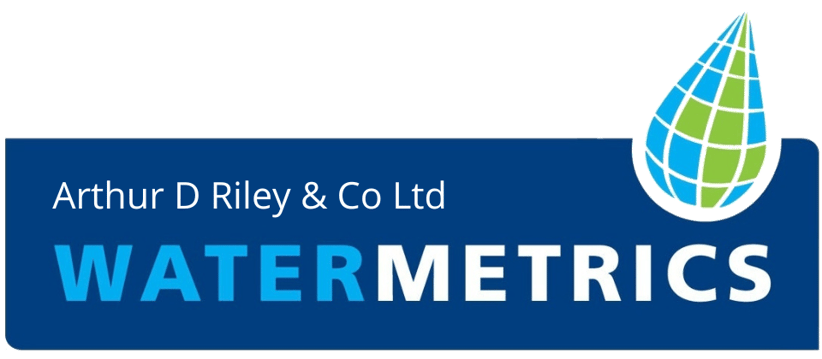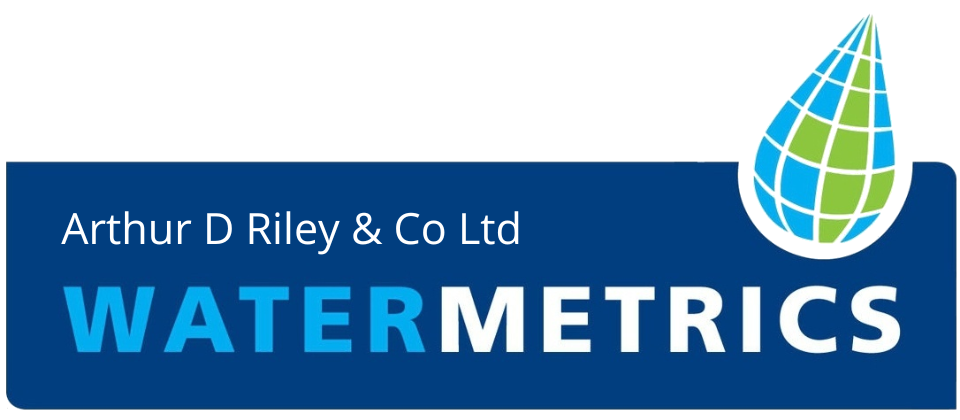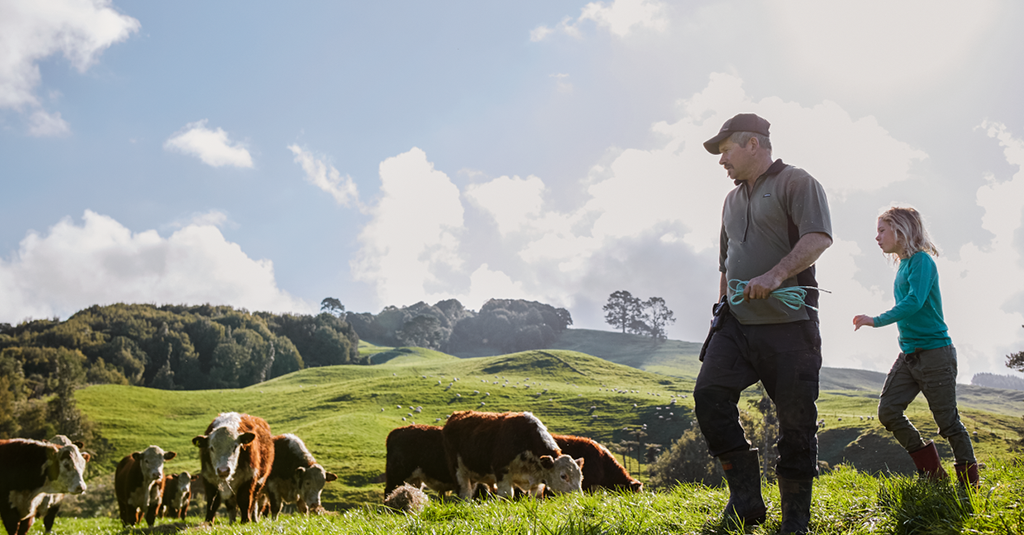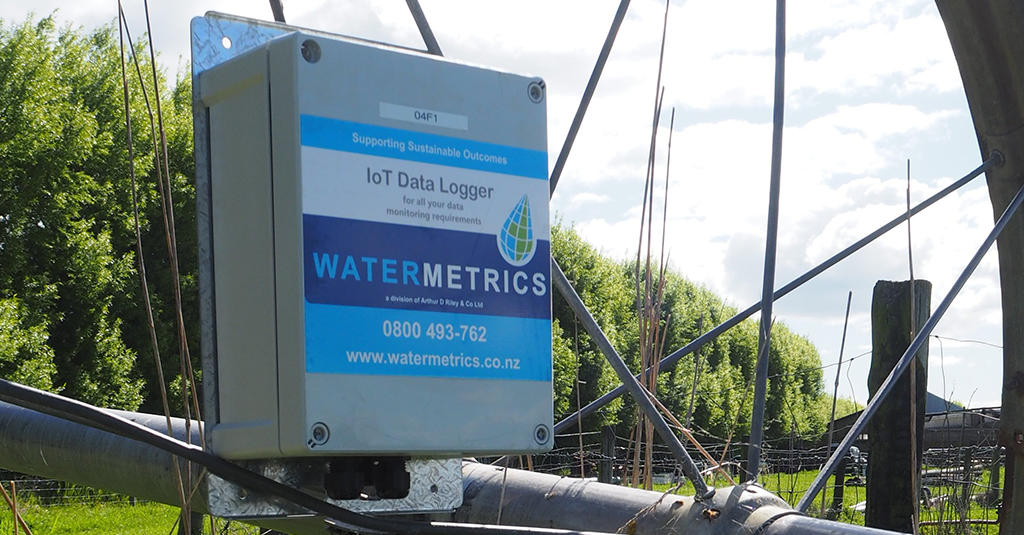For the past 150 years, the emphasis in the primary sector has been around using technology to know more about our orchards, fields, and crops. We’ve uncovered inefficiencies, learned more about our land, and optimised inputs through tools like weather stations, soil moisture probes, sensors, satellites, flow meters, predictive irrigation and more. But as often happens, yesterday’s solutions have created today’s problems.
Technology has enabled us to better understand our land and crops in the modern farming landscape. We’ve accumulated a treasure trove of data to maximise our yields and optimise our resources. However, there’s a hitch – we are now navigating through a sea of data, often struggling to decipher it into actionable strategies.
Farmers in New Zealand are getting more and more data. Some of it is expensive. Some providers are backward in sharing it. There are data gaps which can make a data stream unreliable. You can pay a lot for data that just doesn’t do the job accurately enough in important situations. Some data is confusing, e.g. a trigger point to irrigate and noticeably varying responses from an irrigation. Authorities want you to show that you are using data to manage water and nitrogen as proof you’re being environmentally responsible.
Dealing with data and transforming it into meaningful, actionable insights is actually quite difficult. Farmers are good at solving puzzles, but they don’t have time to solve mysteries. Mysteries require improved analysis and interpretation of data for resolution. At the end of the day this is about grasping the key indicators that affect plant health and yield. This leads to profit, and we all want that.
Historically, many agricultural companies have operated by amassing asymmetric information – having more knowledge than the next person. With the advent of advanced technology, this data can become more accessible. Being able to analyse data and apply it astutely is super important.
Agriculture doesn’t simply need more technology; it needs the capacity to make informed management decisions. The question becomes “Can I analyse and utilise this data to optimise my results?”
Watermetrics began as a water data collector and has a solid history in performing in this area. In recognising the data overload situation we have developed not only easy-to-read presentations, but also a backup team to help you understand and better use the information we provide. We are happy to share information, which is a big step forward ahead of competition. We can set up targeted presentations for individual situations. We have onboard agronomy and soil knowledge.
Empowering your agricultural journey with informed decisions
Watermetrics specialises in water management. We meter water, soil moisture, climate We add data collection to water schemes and can control flows. Clean water is so important that not only can we measure it, but we can provide equipment to fix it if there are problems.
Ready to embark on a journey of insightful, data-driven decisions in your farming practices?
Contact us and discover how WATERMETRICS can help your water and irrigation management move from data confusion to a professional level, while boosting your profits along the way.




